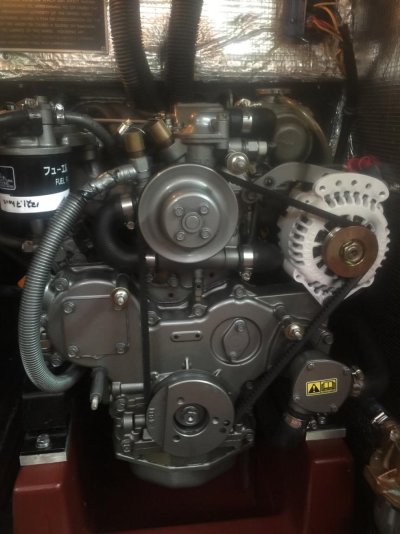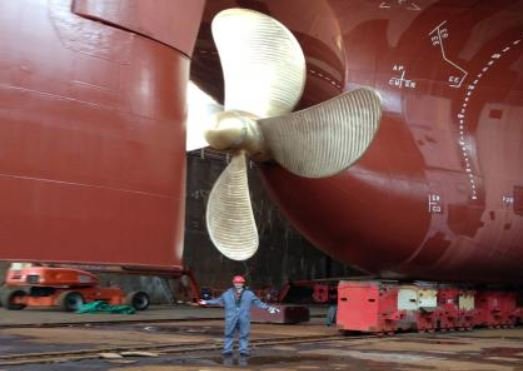OK,
I'll begin this.
It appears that we have proponents of turbochargers and we have people who dislike the very thought of their existence!
Where do you stand and why?
Having begun my career in automobile repair back in the early 1980's working as a Saab mechanic I had some fun exposure to those early Garrett T3 units bolted to the 1978 and later Saab Turbo. I maintained them and I repaired them including more than a few bench rebuilds.
They are pretty simple things really. Good oil changes and proper use went a long way to making them nearly bulletproof. I've also worked on a pile of VW 4, 5 and 6 cylinder turbo Diesel engines.
I found that like most mechanical systems, turbo engine lifespan comes down to use and maintenance first. The same things that lead to turbo engine demise will hasten any engine towards its end of life.
I've seen people who could destroy a Toyota Corolla in just a few years and I've seen people who could milk 200,000 out of a 1970's GM/Olds diesel.
I vote that turbos are fine.
What say you?
I'll begin this.
It appears that we have proponents of turbochargers and we have people who dislike the very thought of their existence!
Where do you stand and why?
Having begun my career in automobile repair back in the early 1980's working as a Saab mechanic I had some fun exposure to those early Garrett T3 units bolted to the 1978 and later Saab Turbo. I maintained them and I repaired them including more than a few bench rebuilds.
They are pretty simple things really. Good oil changes and proper use went a long way to making them nearly bulletproof. I've also worked on a pile of VW 4, 5 and 6 cylinder turbo Diesel engines.
I found that like most mechanical systems, turbo engine lifespan comes down to use and maintenance first. The same things that lead to turbo engine demise will hasten any engine towards its end of life.
I've seen people who could destroy a Toyota Corolla in just a few years and I've seen people who could milk 200,000 out of a 1970's GM/Olds diesel.
I vote that turbos are fine.
What say you?




